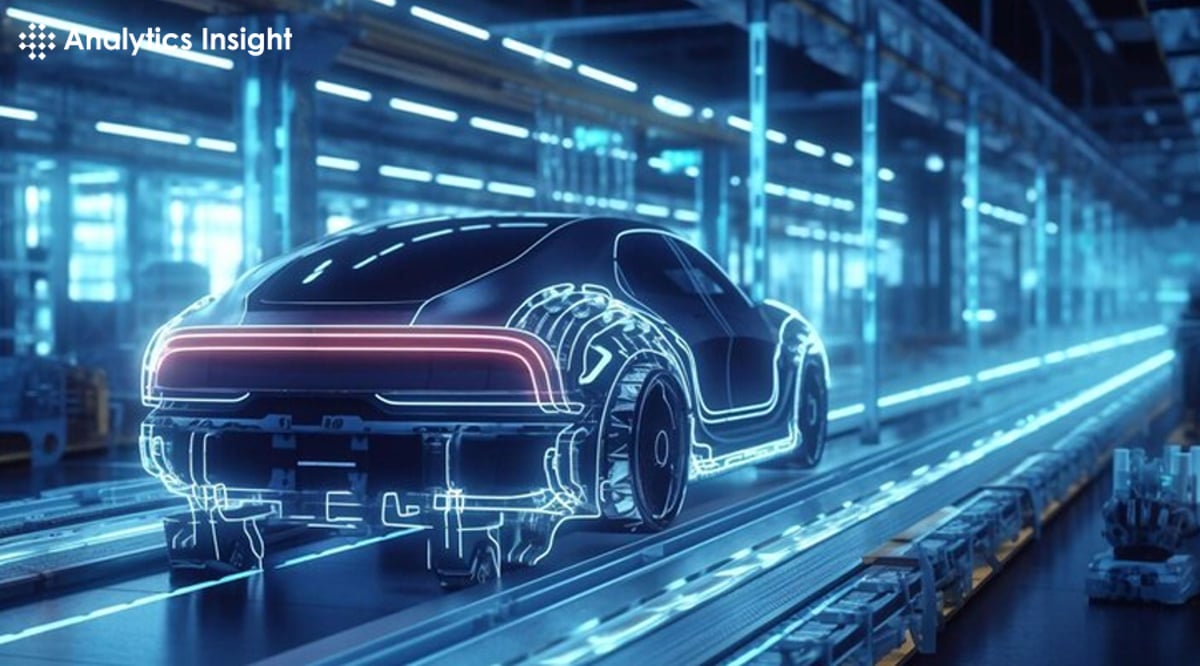
One of the critical features of Generative AI is Shaping Automotive Industry entails a shift from traditional approaches, making generative AI a giant leap for the industry. This cutting-edge technology empowers designers and engineers to envision and visualize the extended design and performance space of cars with remarkable efficiency and insight.
In design, generative AI algorithms can, therefore, design and estimate the design options in real-time based on properties, again, manufacturability and performance characteristics. This not only results in the faster design process of a particular automobile but also stimulates more advanced and efficient ideas of vehicle construction, which could have never been possible only through the efforts of human minds. As good as generative AI is for production, it is the same for the generation.
It is capable of handling intricate manufacturing problems, analyzing intricate supply chains, and estimating when maintenance work may be required. This means that cost-cutting is achieved by minimizing the time taken from the designing stage to the manufacturing of actual parts or automobiles, hence increasing efficiency through decreased waste of time and money and greatly enhancing the time taken for new automobile models to be launched into the market.
Furthermore, generative AI is contributing to the changes in trends within the automotive industry that may be considered more sustainable. The strategies of minimizing material content and energy required to manufacture designs are relevant for environmentally responsible practices and advanced technologies, like lighter cars that use less fuel. In other words, generative AI is not only disrupting the way in which cars are produced; it is revolutionizing the fundamental basis for automotive assembly by providing opportunities for more creative, more environmentally friendly, and more customizable automobiles.
